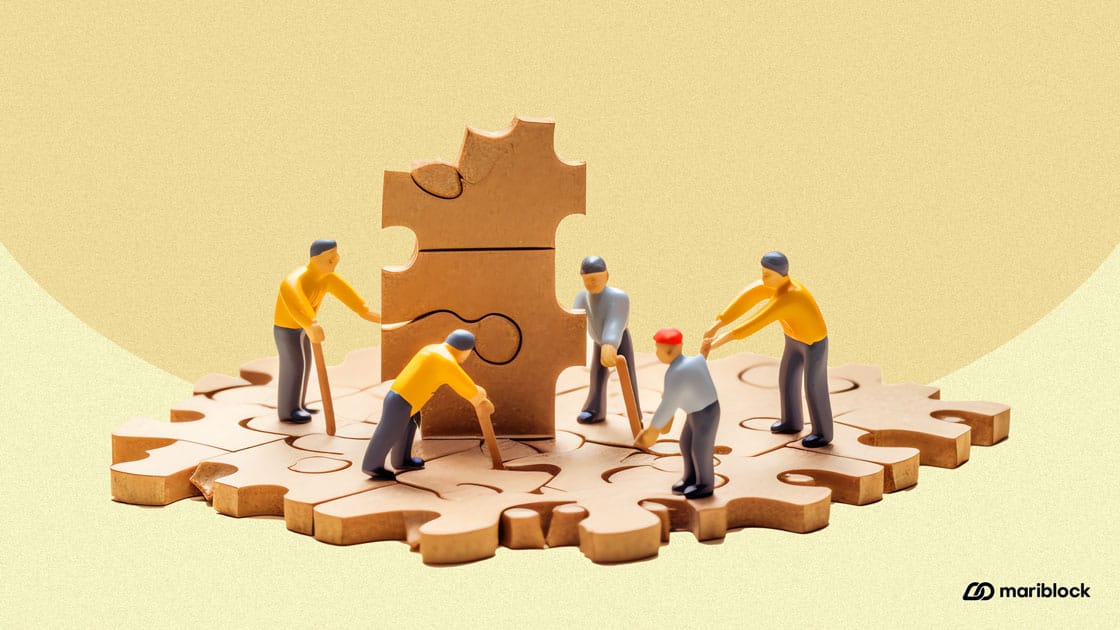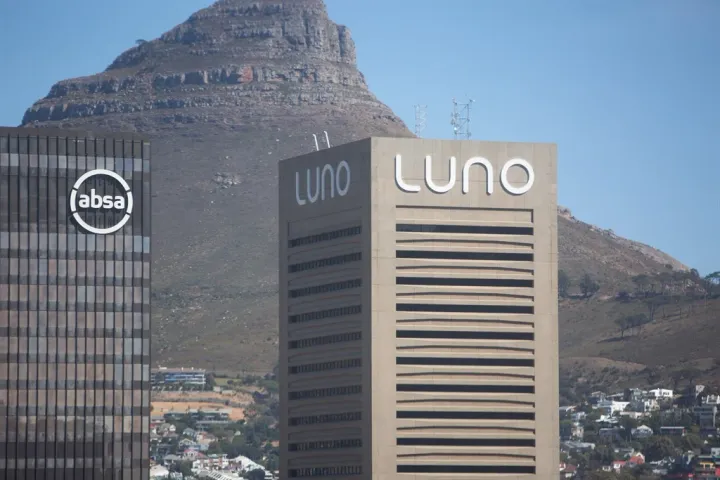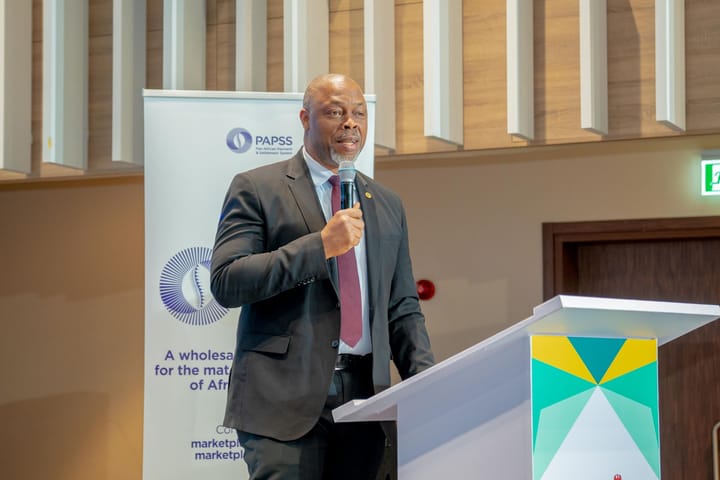A new generation of African builders is springing up, leveraging blockchain to build an inclusive future
Buidlers Connect, a collective of professionals in the African blockchain ecosystem, represents a new-found focus on developing blockchain-based public good solutions, Mariblock's lead editor opines.

On Dec. 10, 2023, I attended a blockchain event in Lagos, Nigeria, and it was the highest-quality cross-discipline industry event I have attended since 2018. In truth, events are an enigma for me — blockchain events or otherwise. I find myself questioning the value of most events. Conversations tend to be repetitive, and frankly, the quality of the network built isn’t always excellent.
Note: “Cross-discipline” means every professional in the industry.
The event, put together by the Buidlers Connect collective, was different. The conversations were comprehensive and honest. It was a breath of fresh air in an industry where participants believe they would upend every industry using blockchain. It is not that the folks at this event no longer believe blockchain could disrupt industries. The difference was the appreciation that blockchain alone cannot solve many problems — and that, in some cases, blockchain might not be the most optimal tool.
Weeks after the event, the quality of conversation on the collective’s Telegram group has been just as comprehensive, delving into analysis of African problems and finding out if blockchain can play a part in solving the problem.
This stands out mainly because I’ve longed for it in the African ecosystem since entering the blockchain space in 2017.
Fresh off reading the Bitcoin whitepaper and researching the history of money and how blockchain works, I became a believer that blockchain will be integrated into our lives in the future — more so in Africa, where there are substantial systemic gaps.
Evidence, however, is everywhere that the blockchain industry has struggled to deliver meaningful utility to the average person. The initial coin offering (ICO) boom of 2017 offered the first false dawn, with many enthusiasts, myself included, naively thinking blockchain was ready to disrupt industries. Every legacy industry had at least one ICO project (with a whitepaper) threatening to disrupt it. Those projects ultimately failed to deliver significantly useful products (bar crypto exchanges). But it started a new dispensation.
This period is themed ‘distracted’
Unfortunately, the proliferation of crypto exchanges made speculation the most prominent blockchain use case over the next five years, including in Africa. It also birthed the NFT craze of 2020-2022, with jpegs put on a blockchain selling for astronomical prices. Even worse, the most vocal figures in the industry often comprise risky-coin-shilling influencers and traders, predominantly emphasizing crypto as a swift avenue for financial gain. It wasn’t what I signed up for.
As with most speculative cycles, things came crashing in 2022 after the Terra-Luna algorithmic stablecoin project crashed and the FTX failed spectacularly.
The contagion from those events spread globally, with several crypto businesses shutting down as the bear market deepened. Africa wasn’t spared; dozens of companies have shut down — publicly or otherwise. Many of those that haven’t closed have had to alter their business models.
Into the period themed ‘buidling’
After 2022, many tourists and, perhaps, those whose lives were severely affected have exited the space. Those who stayed behind have had to go back to the basics to focus on building usable products.
In Africa, the Buidlers Connect collective embodies that focus, more importantly, prioritizing building for Africa and the world.
A stand-out feature of Buidlers Connect’s conversation is the vivid departure from Western crypto narratives, which tend to be anti-governmental.
Case in point: A group member posted the following reply to my observation about how the builders seem interested in building regulatory-compliant decentralized products.
“I sometimes struggle with the Western positioning of blockchains as this anti-government/“libertarian” thing when actually the purpose of a government is one for the people, by the people and of the people to ensure that individuals can achieve and be more by collectively working together.
“Governments were a “technology” and meant to be this coordination tool for the development and regulation of public goods that benefit the whole, but they have struggled to support large populations in emerging markets.
“So I think long term blockchains & smart contracts play a role in the delivery of digital public goods that can overcome the deficiencies in any country’s physical & governance infrastructure especially in emerging economies”
One feels that this cohort believes blockchain could be revolutionary for the continent. But it doesn’t need to be anti-government or anti-regulation to achieve that.
In there, you have technical folks building cross-chain bridges, seeking to solve the problem of hacks; operators leading teams building on-chain financial products that include everyone in the global economy; and community builders seeking to inform people about blockchain solutions in some form. The recipe appears to be there for the collective to be a formidable force.
However, the trick would be figuring out mechanisms to help keep pace. There probably also needs to be a more apparent organizational structure with clear sets of values. Currently, the collective claims to be decentralized is open for all to join. Most efficient communities I know have some exclusivity — not for gate-keeping purposes, but more as a filter. The solutions being built will also be tested for commercial viability. Yes, be good-intentioned, but you still need a business. After all, it’s a capitalist market around here.
Nonetheless, I am convinced it’s “build” season in Africa.



